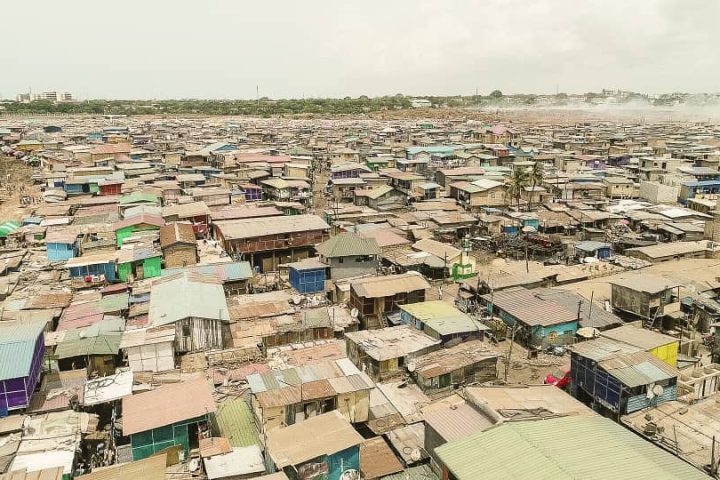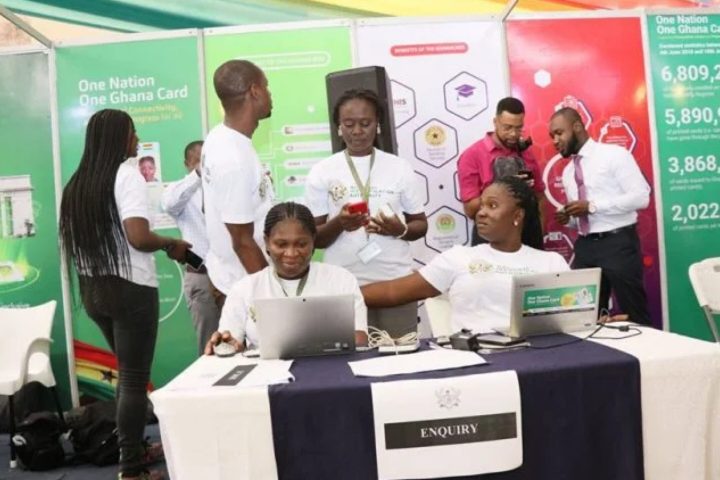In a revelation, the African Development Bank (AfDB) foresees Nigeria emerging as a global leader in lithium-ion battery manufacturing.
Highlighting the country’s potential, the bank’s revised economic outlook for 2024, which was unveiled, underscored the discovery of over 3,000 lithium pegmatite bodies in Nigeria.
Join our WhatsApp Channel“Exploiting Nigeria’s vast gas reserves and addressing gas flaring can significantly bolster the country’s transition towards net-zero emissions,” emphasized the AfDB.
The bank accentuated Nigeria’s gas reserves estimated at 206.53 trillion cubic feet, pointing out their role in supporting this journey.
READ ALSO: AfDB Revises Africa’s Economic Growth From 4.3% To 3.8% In 2024, Cites Multifaceted Challenges
The AfDB’s report elucidated on the potential benefits, stating, “The abundant solid and critical minerals present opportunities for green development. With the discovery of over 3,000 lithium pegmatite bodies, Nigeria has the potential to spearhead lithium-ion battery manufacturing, leading to green job creation and crucial climate change mitigation.”
However, the bank also identified a requirement to attract green funding and investment: the necessity for a comprehensive blueprint outlining these opportunities.
Highlighting a pressing financial need, the AfDB indicated that Nigeria requires $247 billion in climate financing through 2030 to successfully fulfill its Nationally Determined Contribution (NDC).
It emphasized the importance of investments in clean energy, specifically outlining the necessity for 8 gigawatts of solar energy to drive sustainable progress.
Moreover, the bank stressed the pivotal role of the private sector in mobilizing climate finance. It outlined innovative financing mechanisms such as green bonds targeting energy efficiency and sukuk bonds dedicated to building resilient transport infrastructure.
The AfDB also emphasized the potential for restructuring the sovereign wealth fund as an avenue for accessing crucial climate finance.
The AfDB’s revelations underscore Nigeria’s potential to lead the charge in green technology while emphasizing the critical importance of financial planning and private sector involvement in achieving these climate targets.
Emmanuel Ochayi is a journalist. He is a graduate of the University of Lagos, School of first choice and the nations pride. Emmanuel is keen on exploring writing angles in different areas, including Business, climate change, politics, Education, and others.


















Follow Us